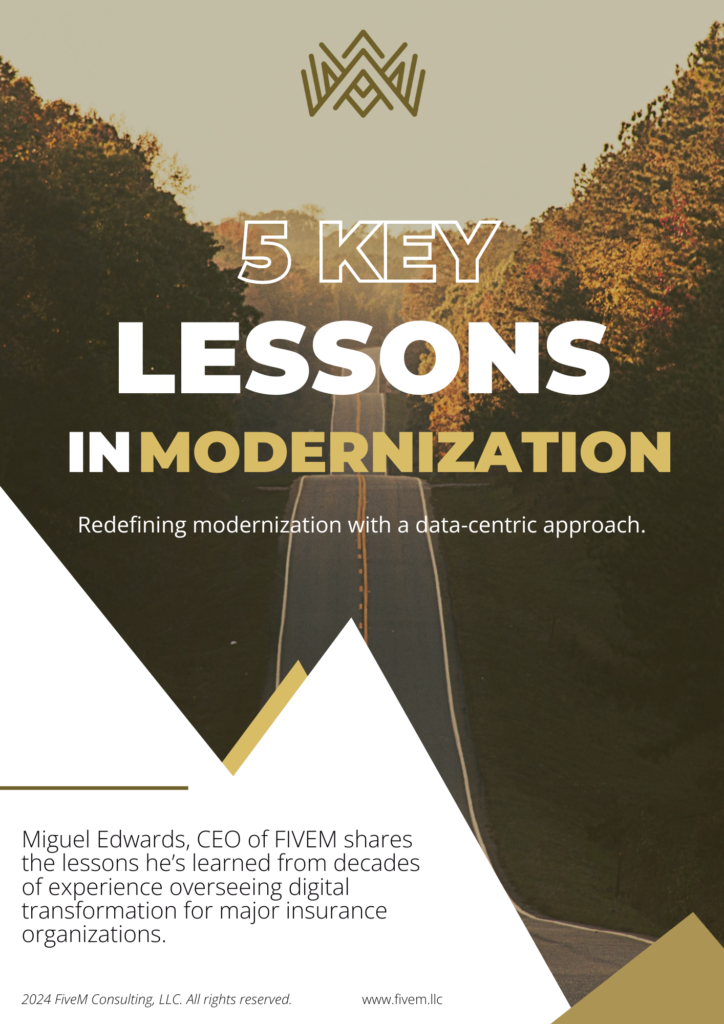In a recent coaching session, a young professional posed a thought-provoking question: “What is the most crucial universal skill for strong leaders?” This query resonates deeply in the realm of leadership development. My immediate response was “communication” – a skill fundamental yet complex, encompassing a range of abilities crucial for effective leadership.
The Core of Leadership: Communication
The essence of leadership lies in its ability to connect, influence, and guide others. A leader’s role extends beyond mere management; it involves inspiring, directing, reassuring, influencing, persuading, selling, comforting, motivating, teaching, reinforcing, apologizing, questioning, and most significantly, exhibiting empathy and love. This multifaceted nature of communication forms the bedrock of effective leadership.
Navigating Technical Complexities
Leaders often grapple with the challenge of communicating complex ideas, especially in technically demanding roles. The difficulty lies not in the complexity of the subject matter but in making it accessible and understandable to diverse audiences. The struggle to simplify complex concepts without losing their essence is where many leaders falter.
Tailoring Messages for Impact
The most effective leaders are those who become adept at crafting their messages to resonate with their audience. They steer clear of using complexities to showcase their knowledge. Instead, their focus is on delivering messages that are not only comprehensible but also compelling enough to drive action. This skill is not about dumbing down content; it’s about elevating understanding.
The Dual Challenge of Effective Communication
The challenge in mastering communication is twofold. First, it involves developing a keen sensitivity to how different audiences process information. This requires empathy, observation, and the ability to adjust one’s style to suit the audience’s preferences. Second, it entails the skill to mold the message to ensure clarity, relevance, and impact. This is not merely a linguistic challenge but a strategic one.
In conclusion, the question from my client highlights a universal truth in leadership: the paramount importance of communication. It’s a skill that transcends industries and roles, demanding continual refinement and adaptation. Leaders must embrace the complexity of communication, using it as a tool to connect, engage, and lead effectively. In this journey, the ultimate goal is not just to be understood, but to inspire, influence, and make a lasting impact.





